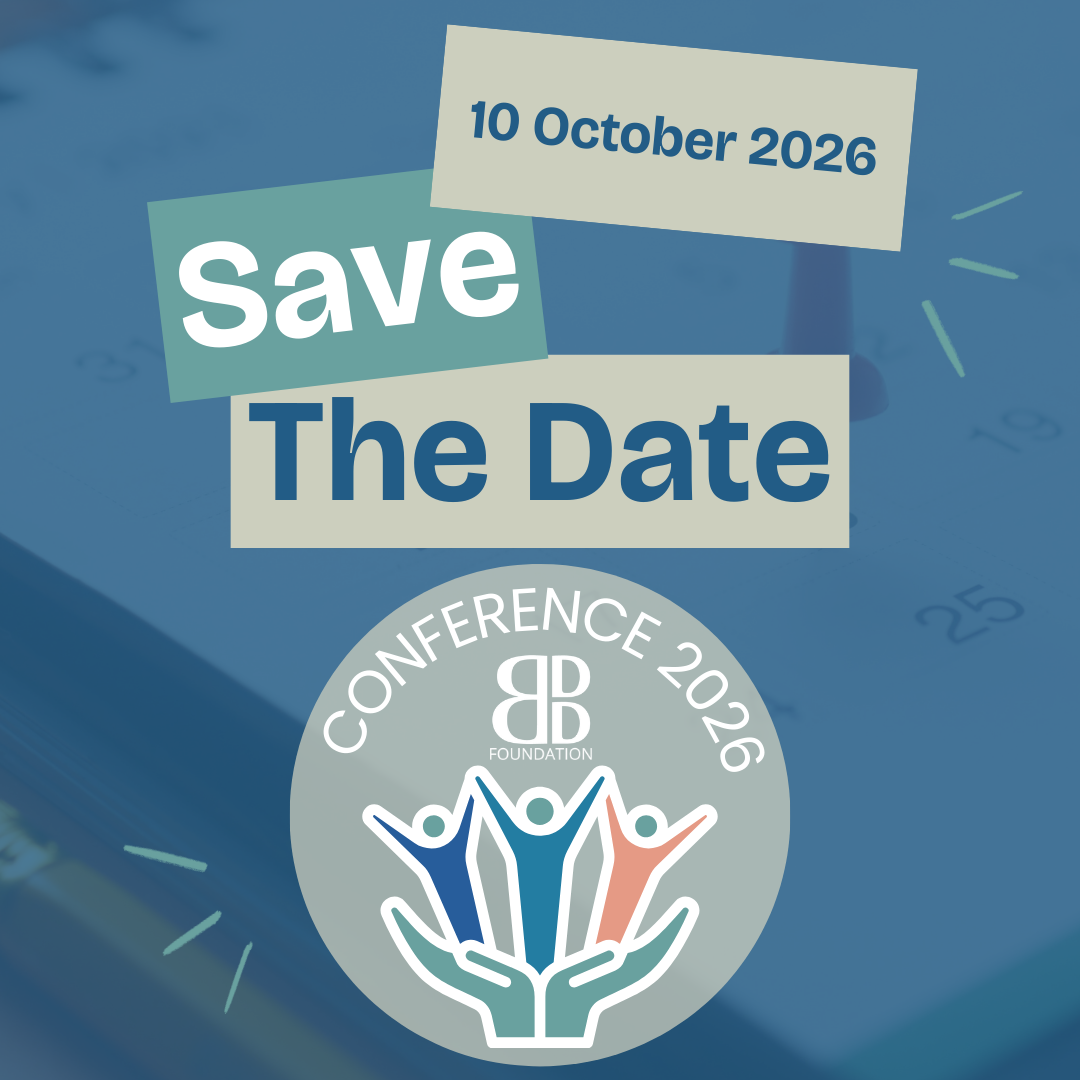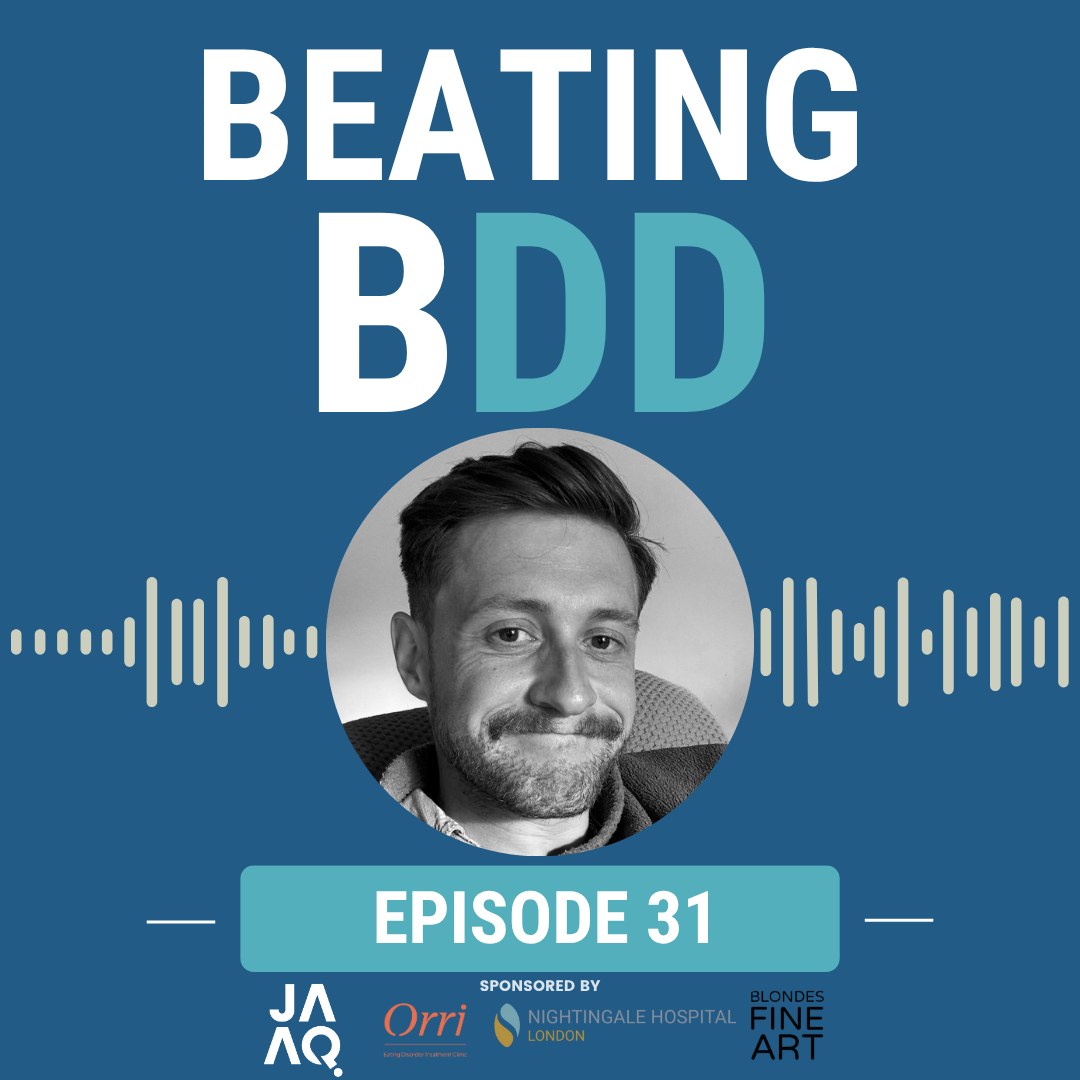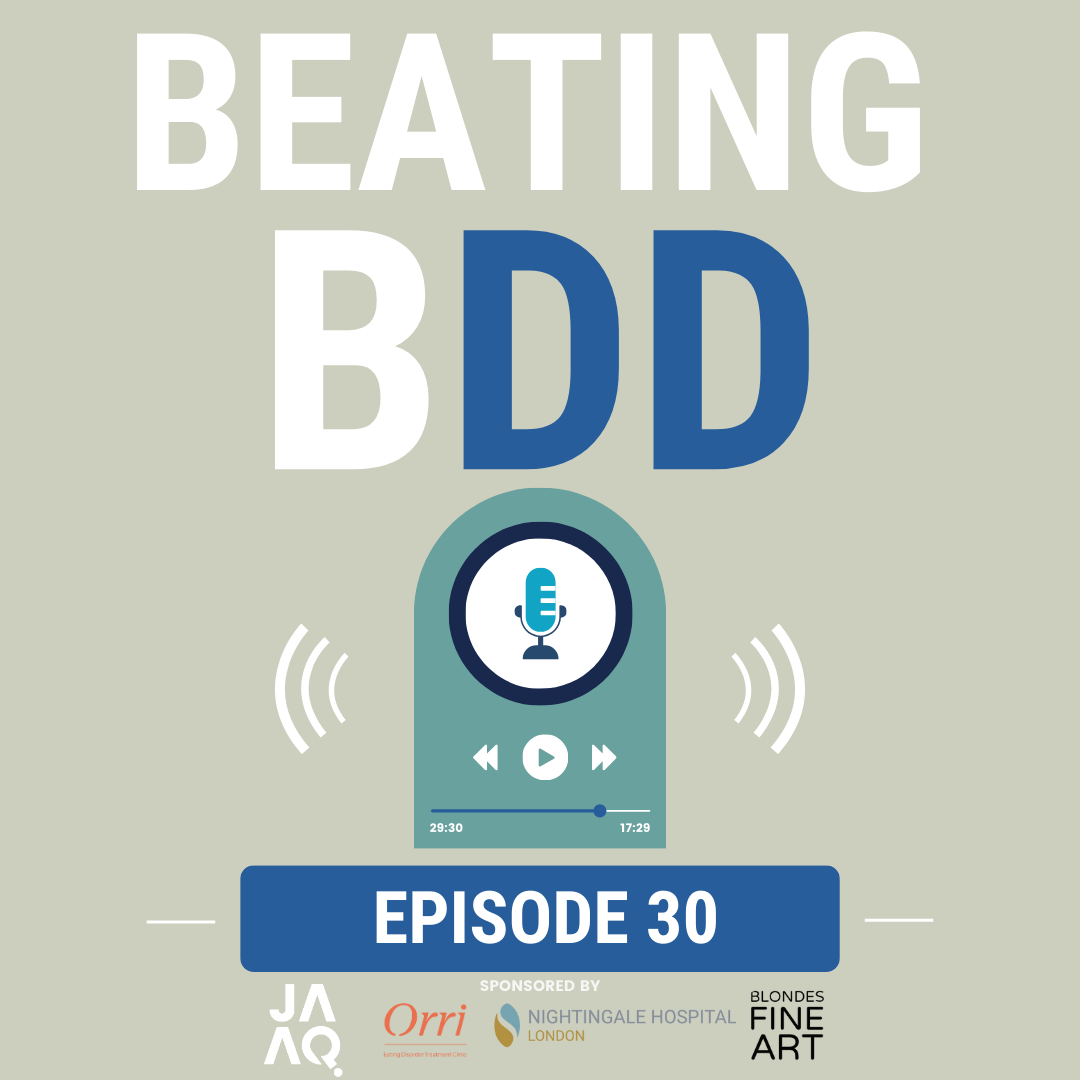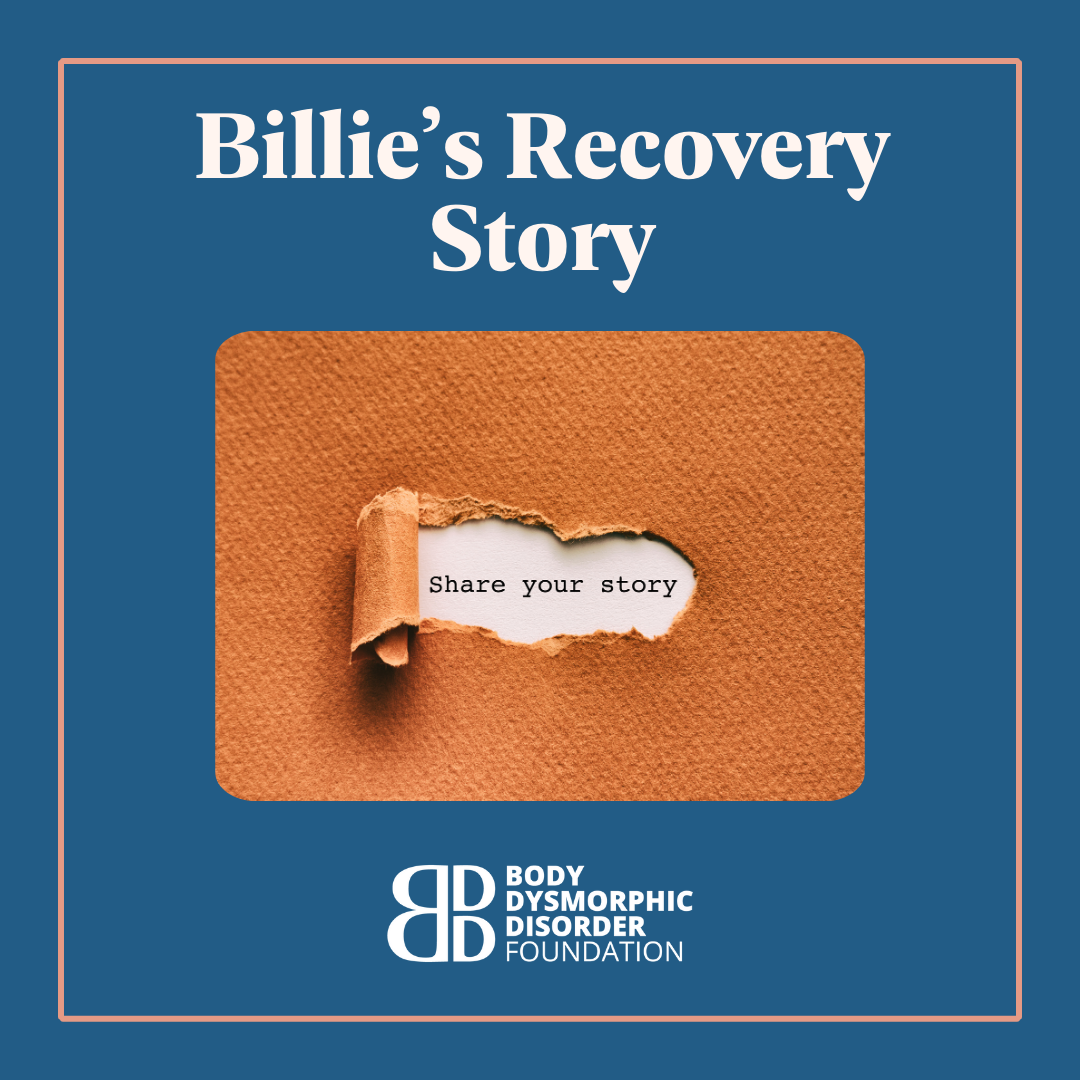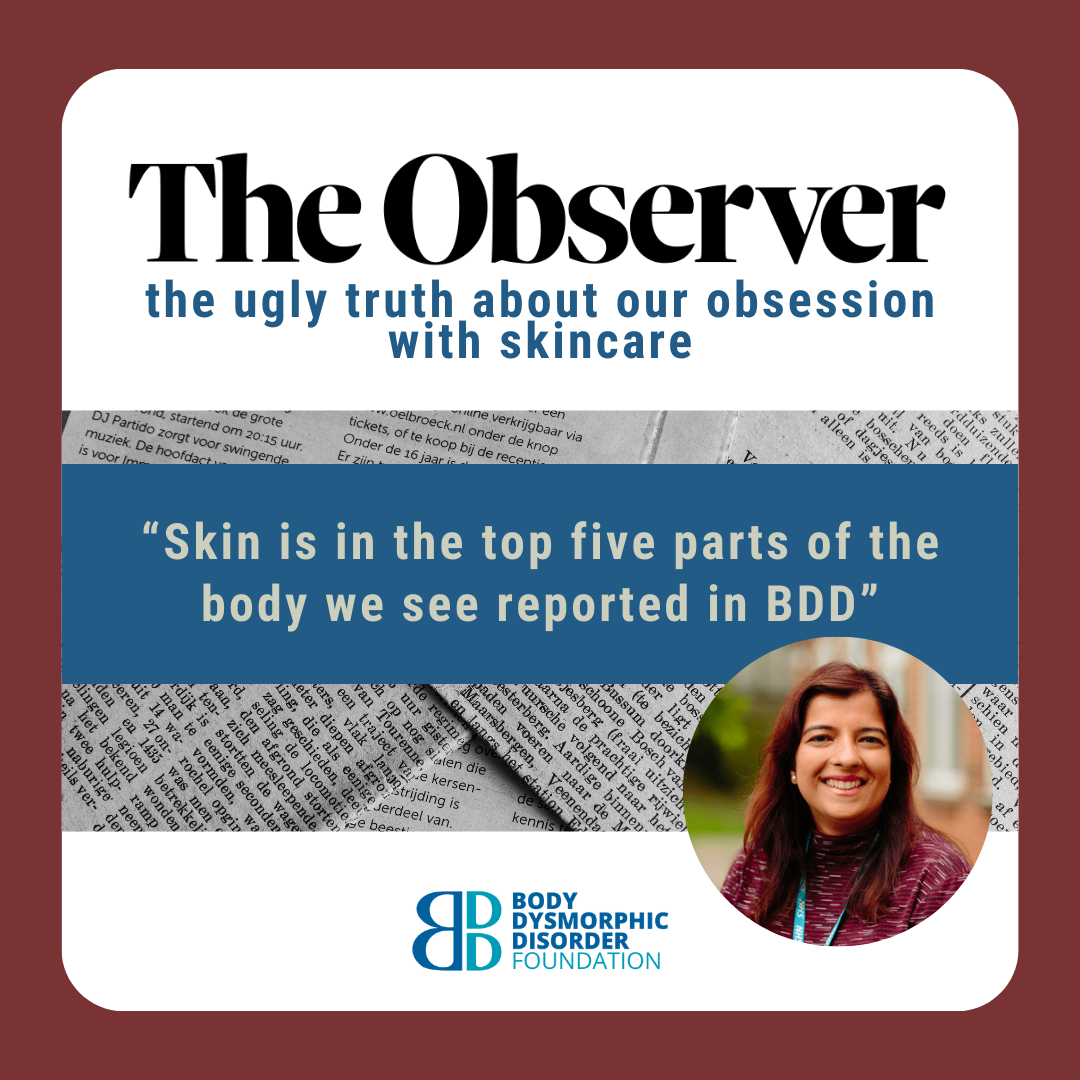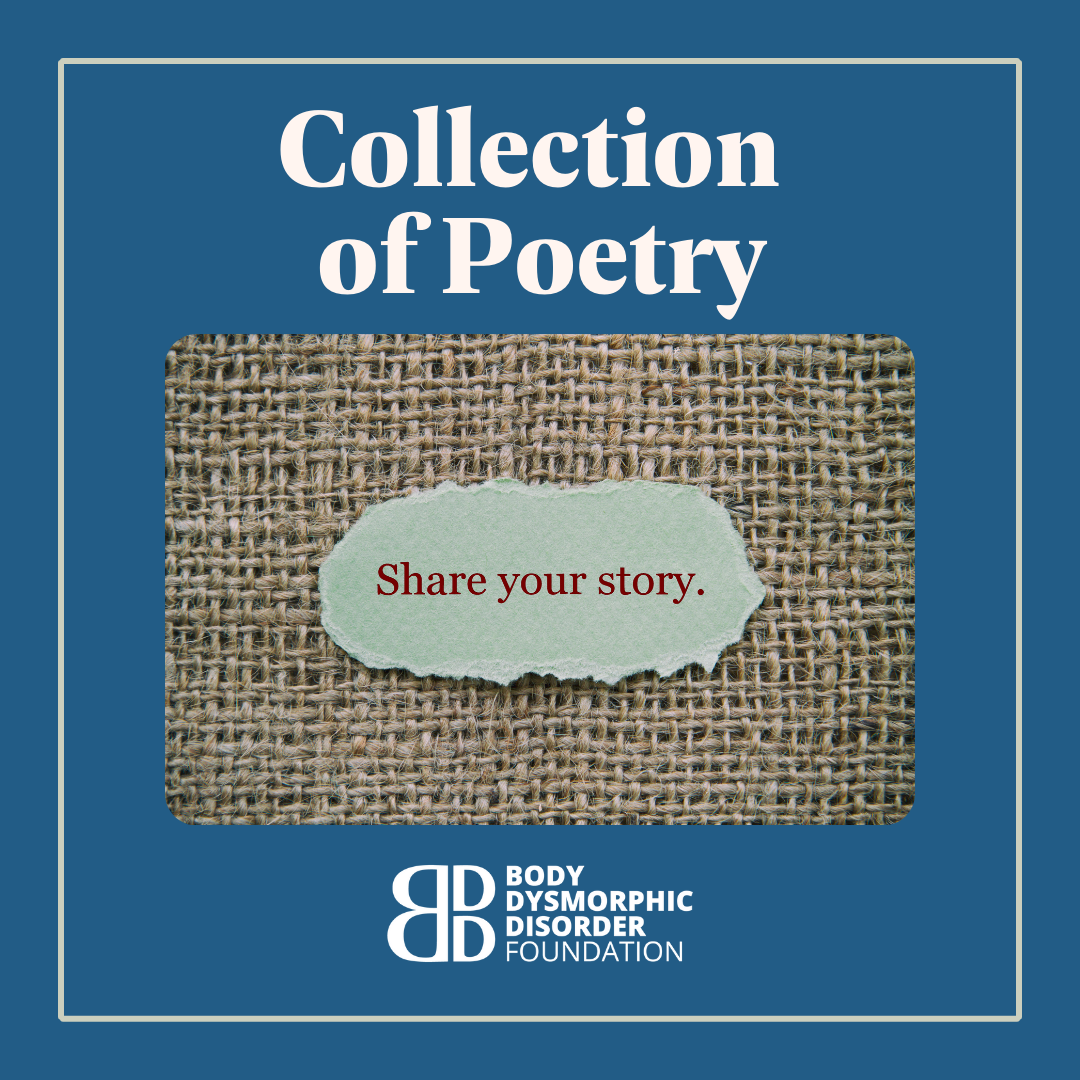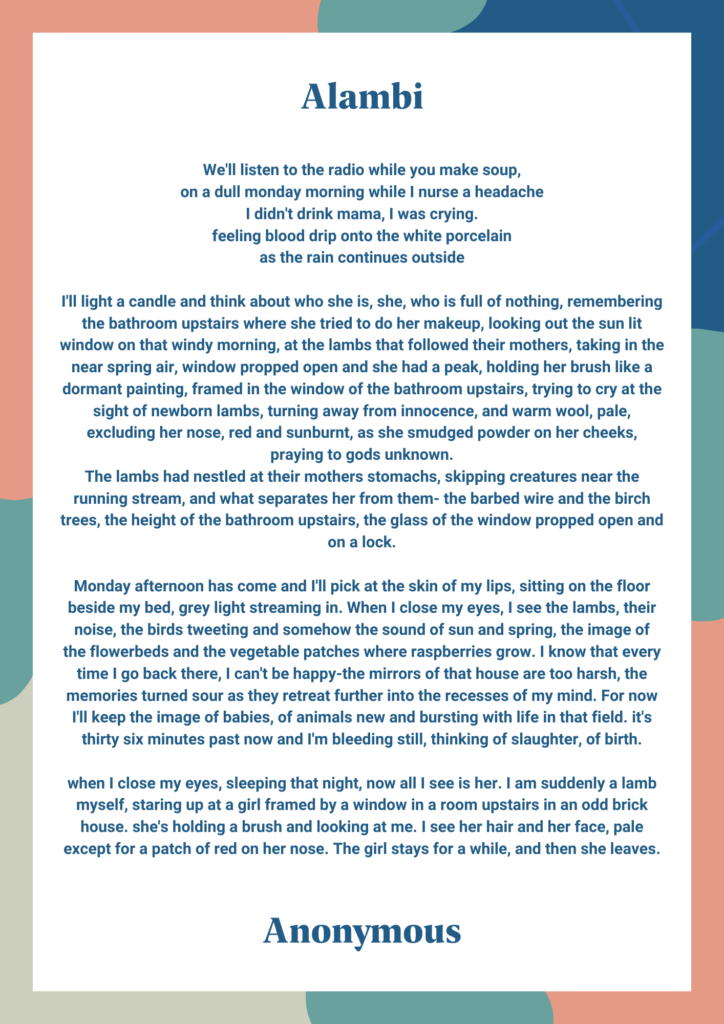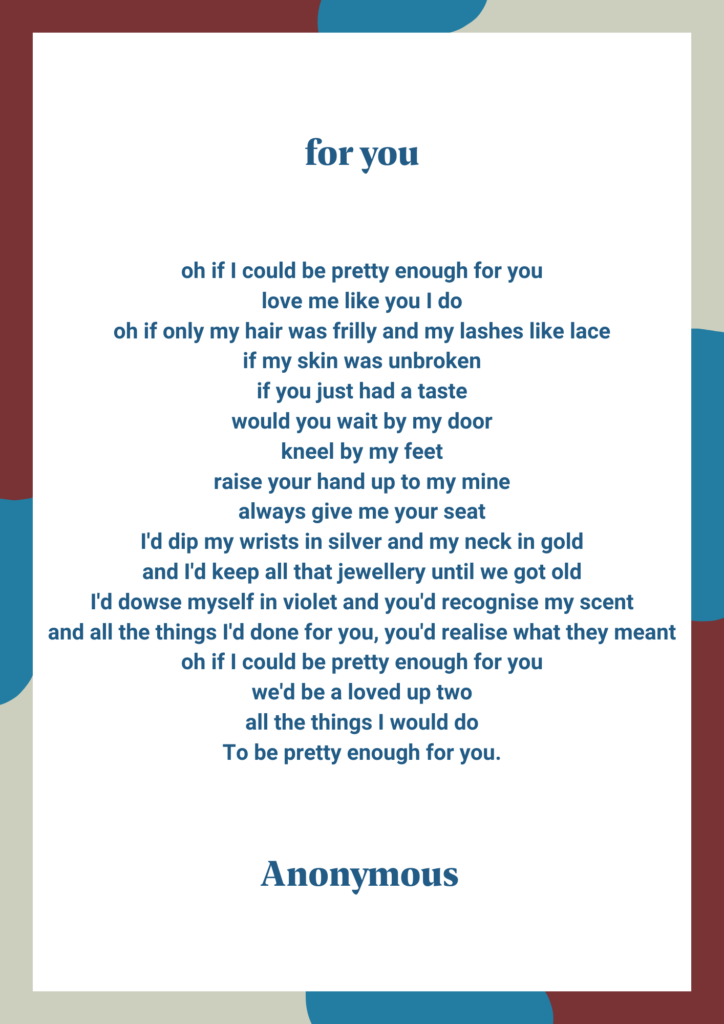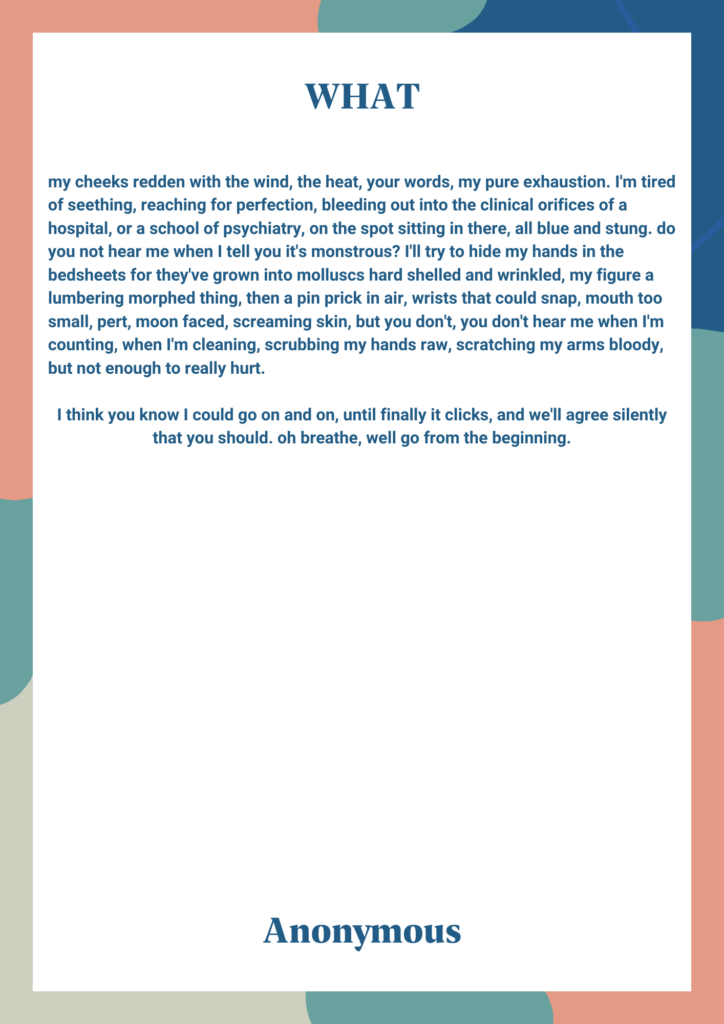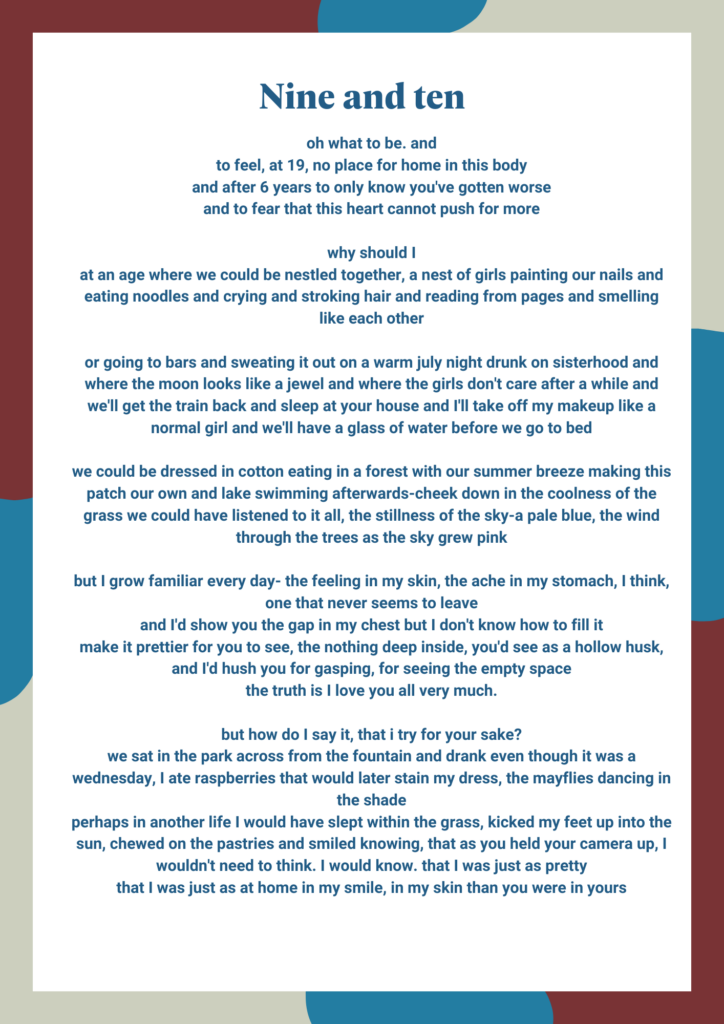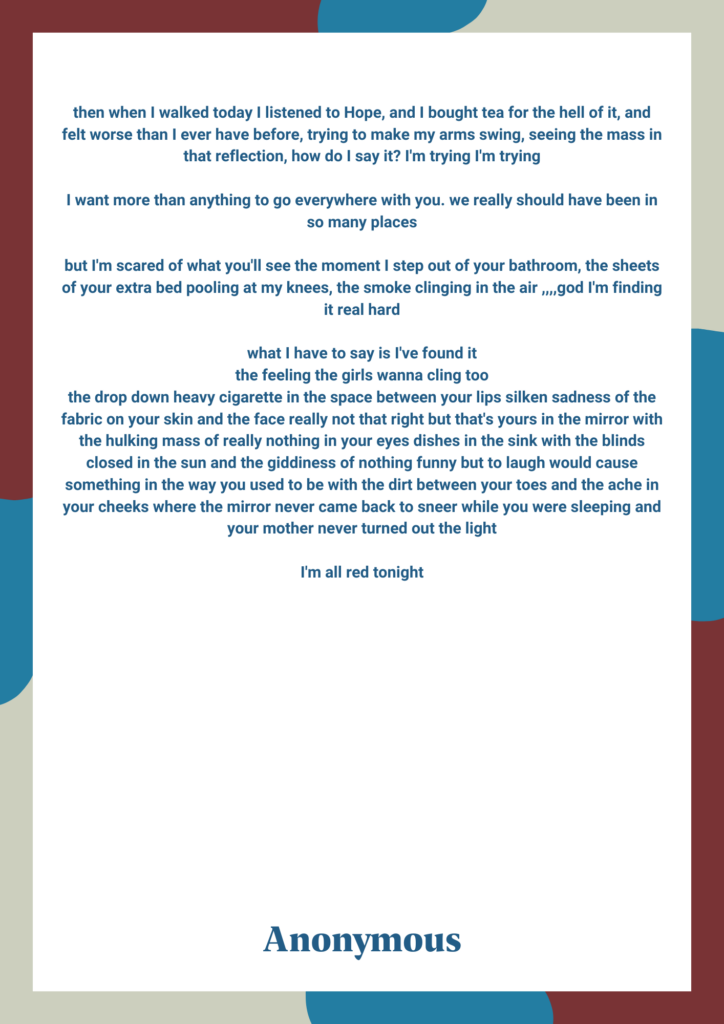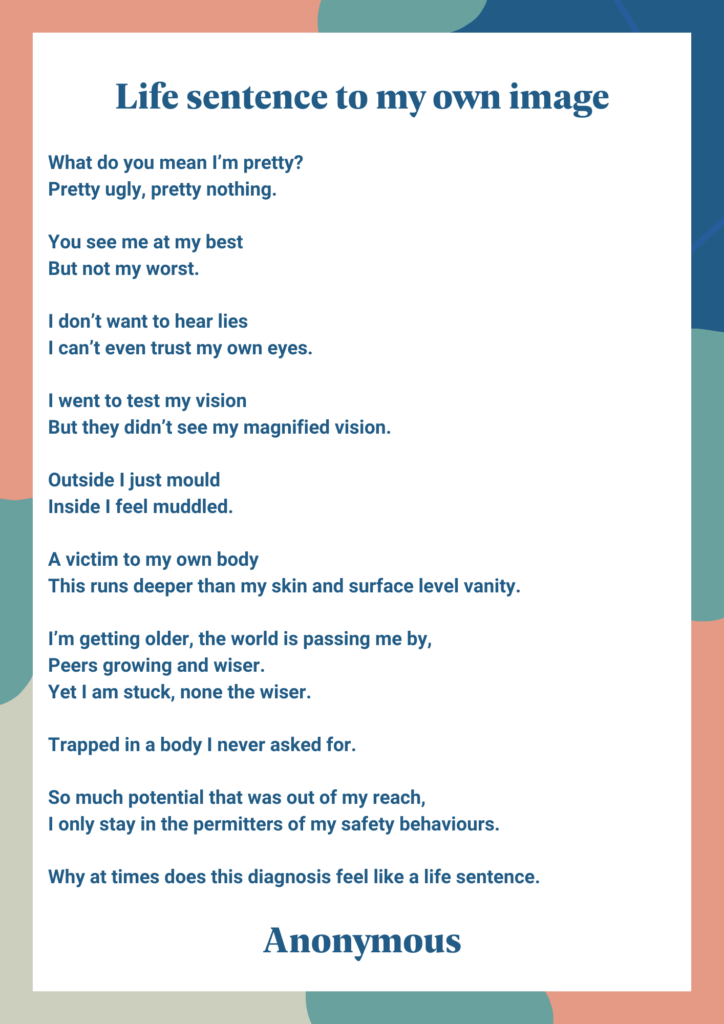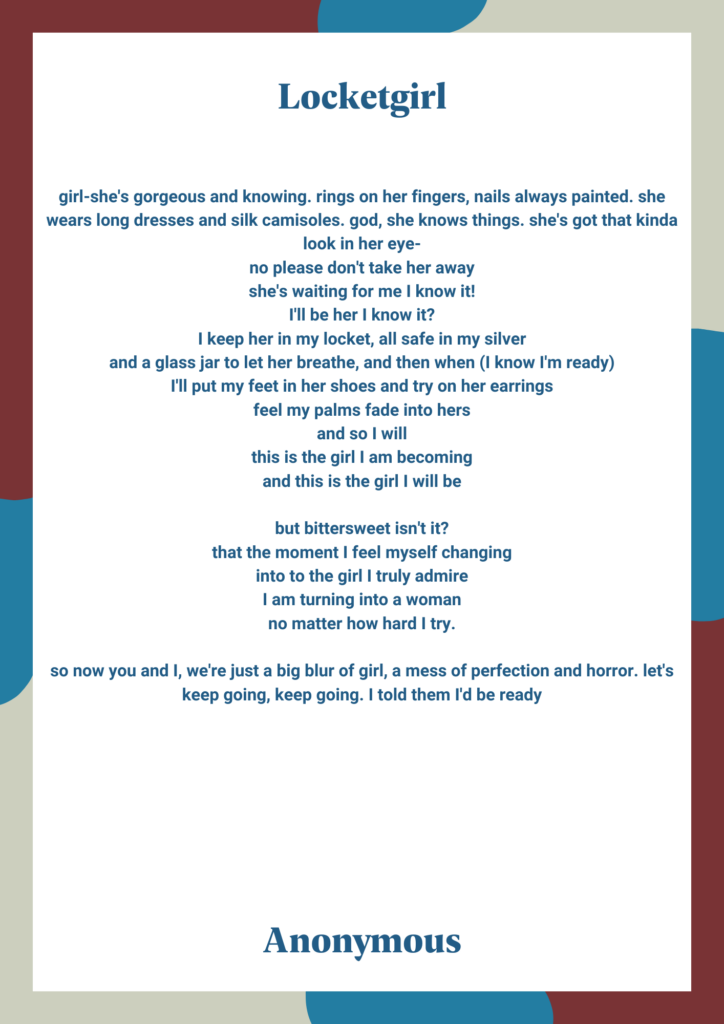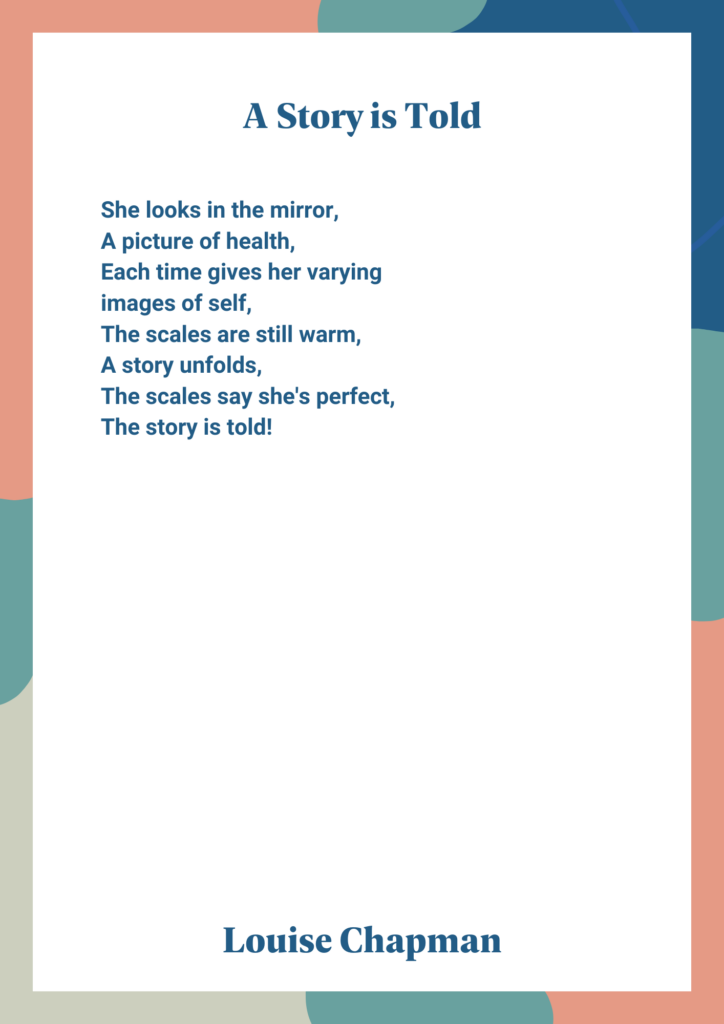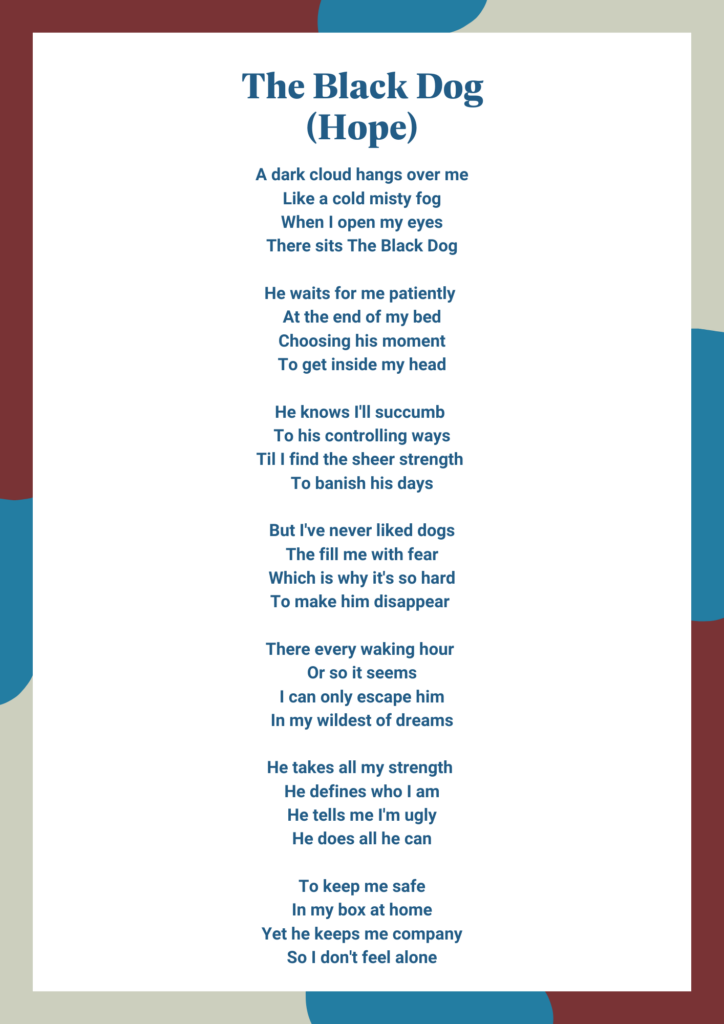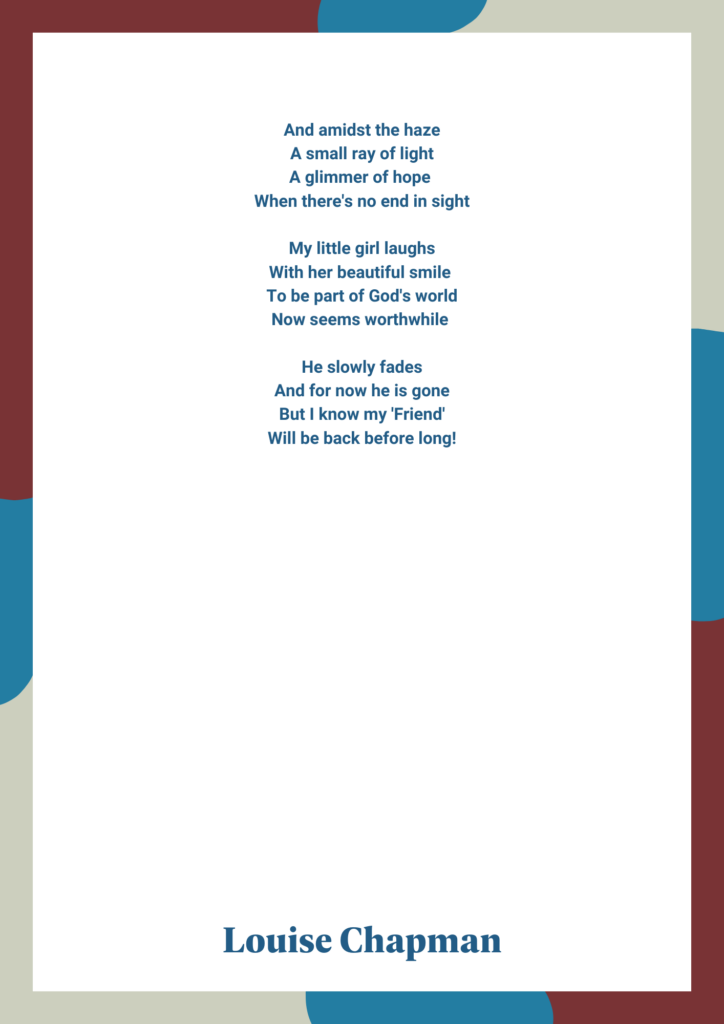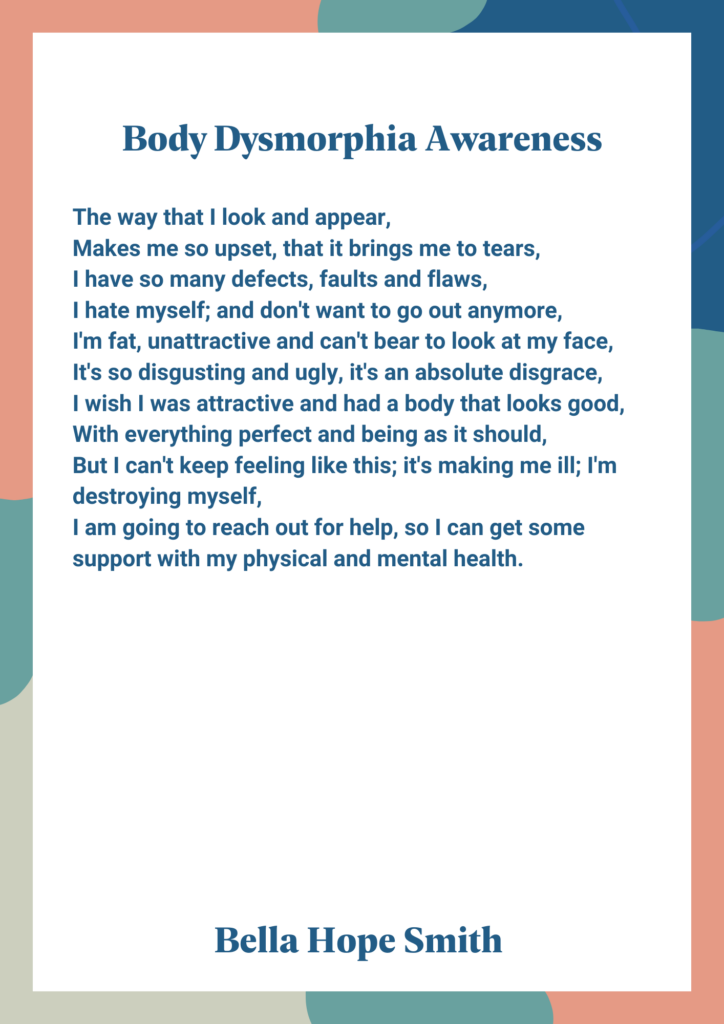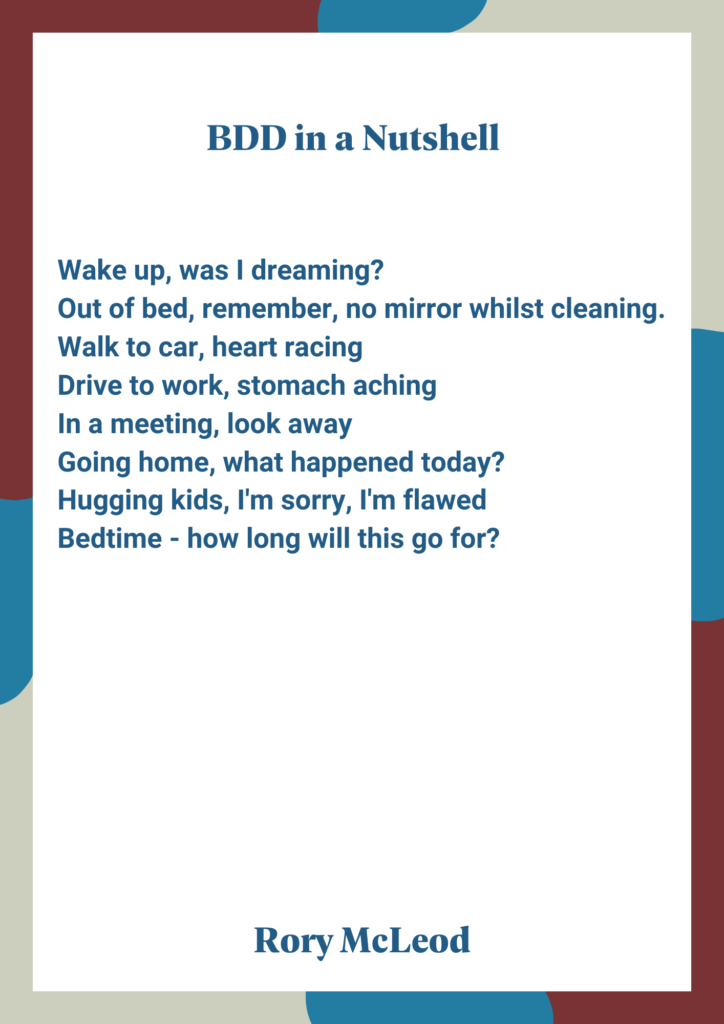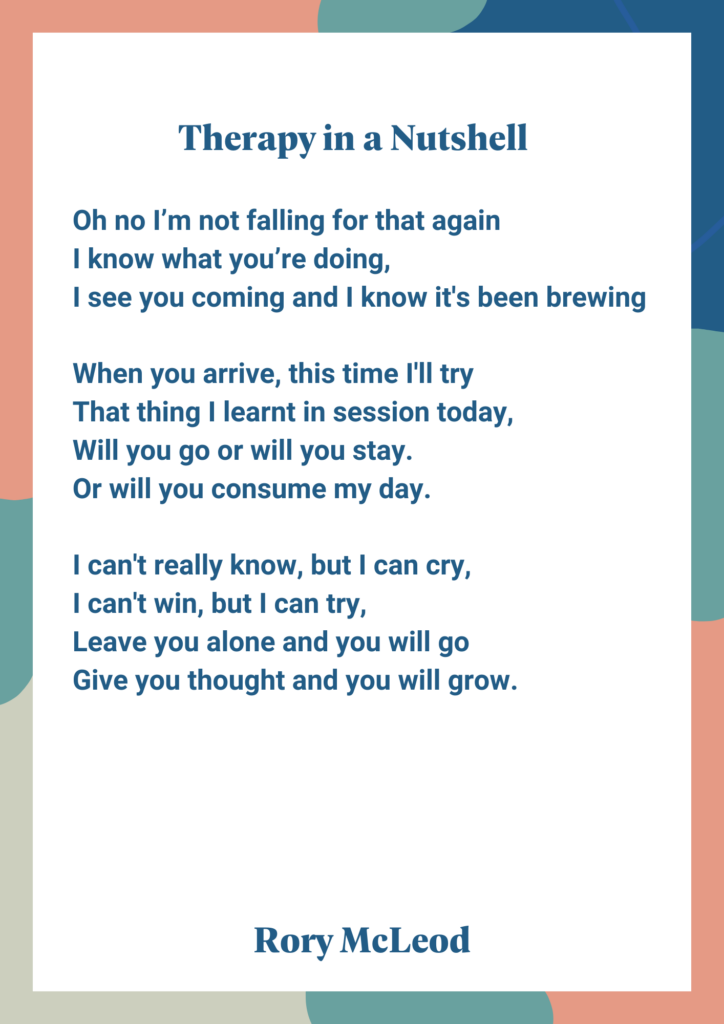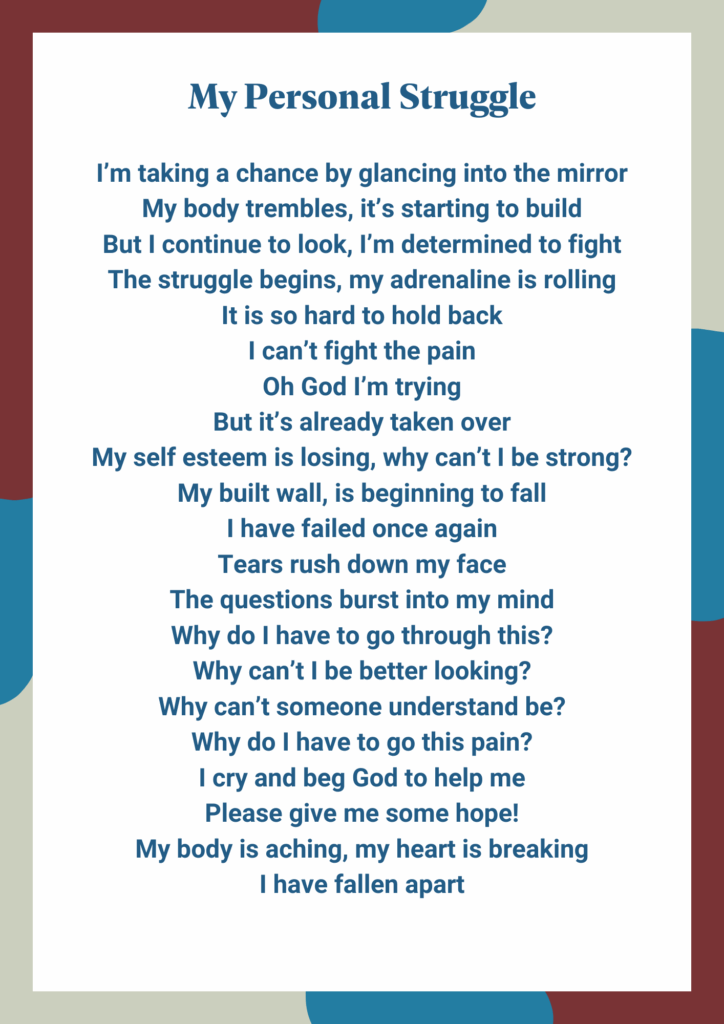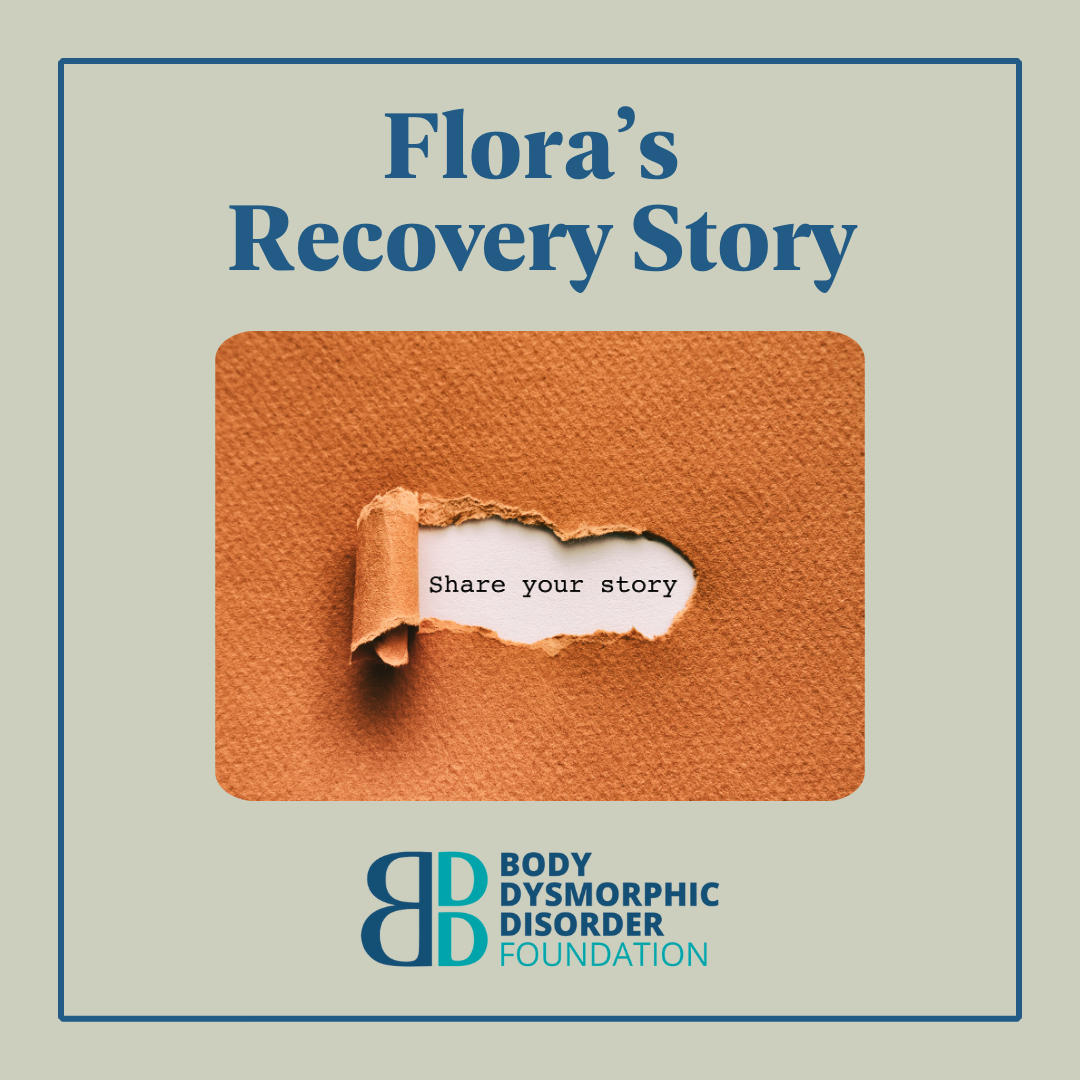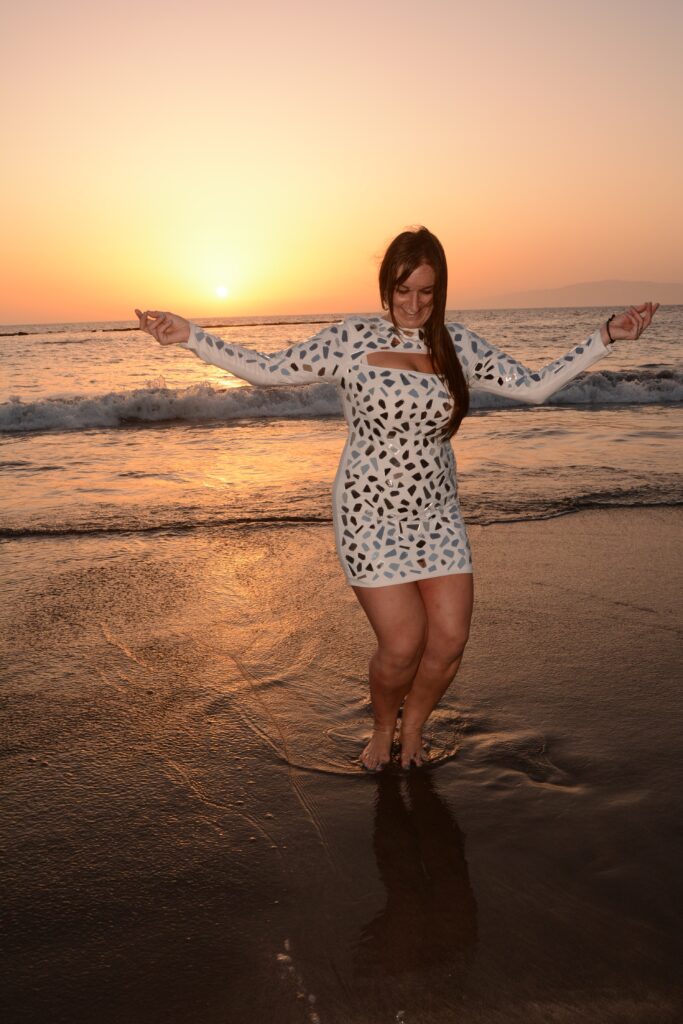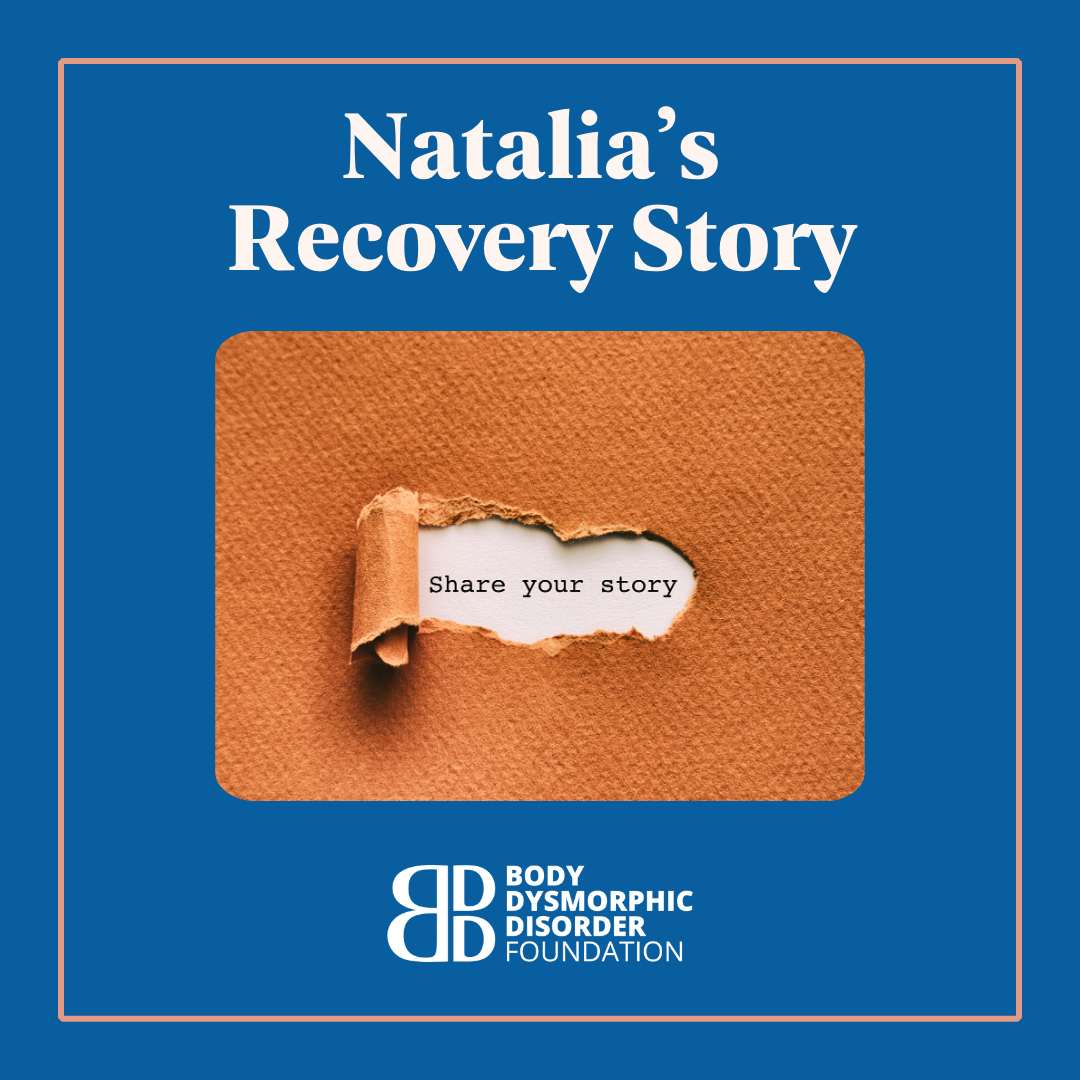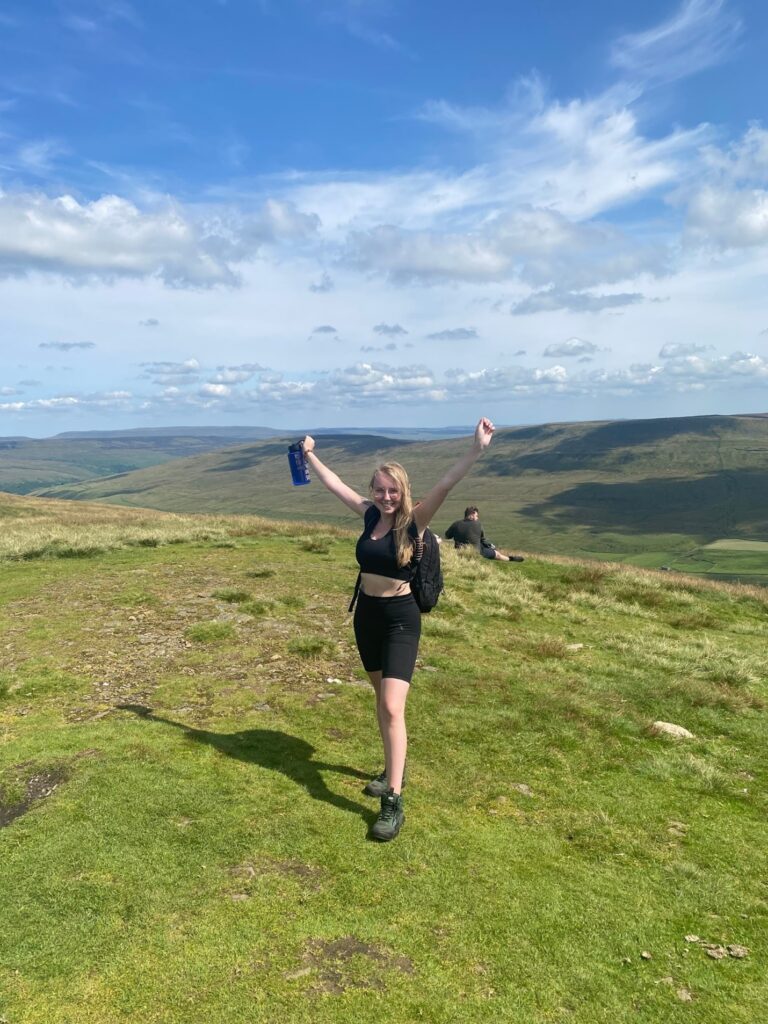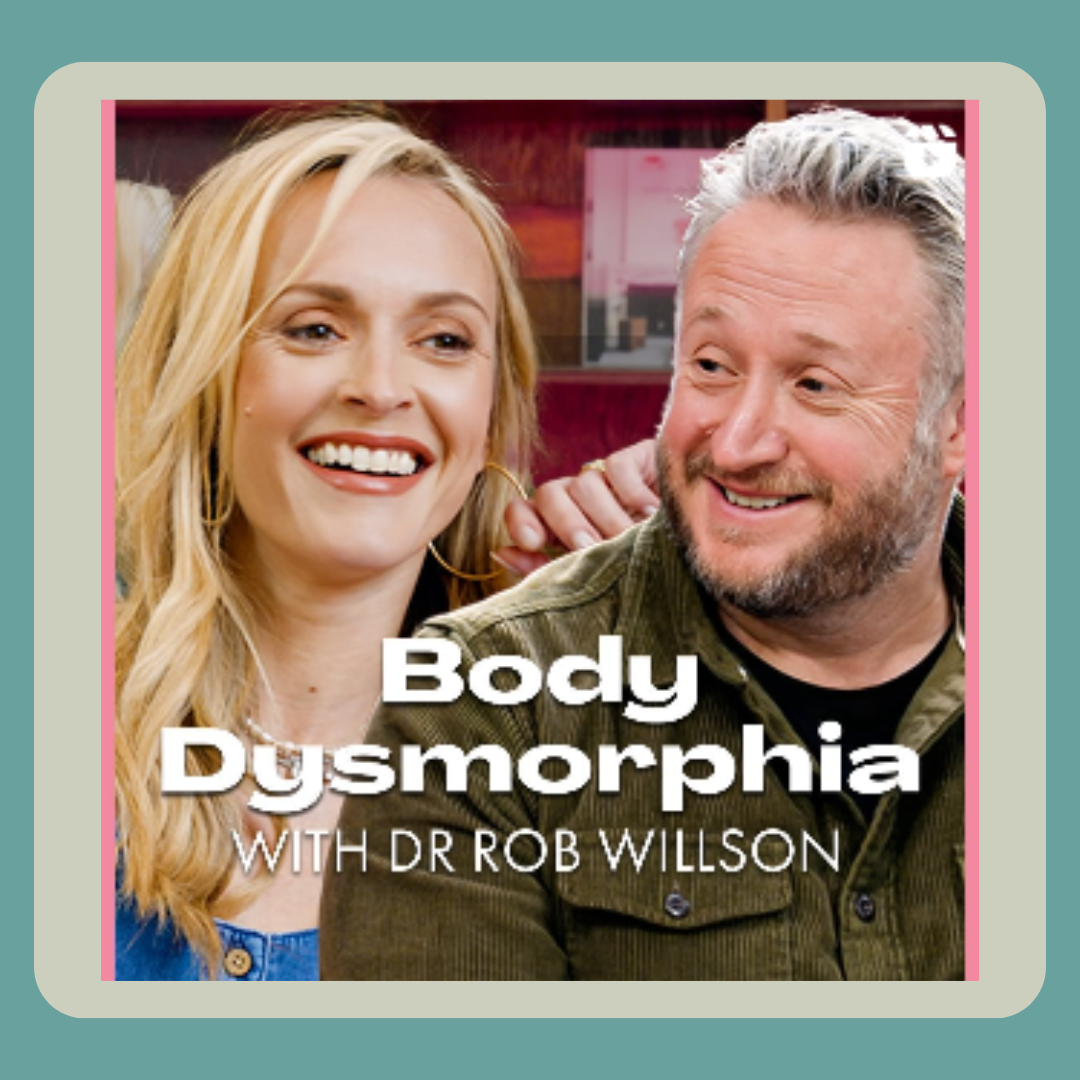“I’ve come to find a beautifully complex depth in my identity that reaches far beyond the cage of shame it was confined to for about 10 years.”
Think about all the times you’ve been drifting off to sleep and all of a sudden, you’re jolted awake by a memory of that really embarrassing thing you did 3 years ago. Maybe you wallow in the shame for a bit before eventually drifting back off to sleep, albeit a little humbled. But what if that feeling of shame never drifted away? What if it coiled itself around your identity like a snake, binding you to the feeling 24/7? What if shame was the lens through which you interacted with the world? One thing’s for sure, you don’t get much sleep.
I’ve already said so much about what my appearance anxiety meant to me without mentioning the word appearance. A diagnostic manual would tell you that BDD is a preoccupation with a ‘flaw’ in appearance that is either not visible at all to others, or visible but not to the same degree of intensity. But to me, attaching these complicated and uncontrollable feelings of shame onto my physical appearance was a way for me to try and control what I ultimately couldn’t. My mind was coopted by the unhelpful cultural expectations we place on young women and girls to look and behave a certain way. To be beautiful was to have worth. So in my head, I wasn’t struggling emotionally, I was just ugly. I just had to make sure my skin cleared up. I just had to be a bit taller. My nose a little smaller and less pointy, my lips a little thicker, my smile less creepy, my hands less stumpy, my head needed to be a different shape, my face needed to be a little less shit. And while we’re there, how about we stop being so stupid and uncomfortable to be around too? At my worst, I was using sandpaper, nail files, and bleach to smooth out my skin, I felt incapable of being loved, I felt guilty for others who had to look at me. Every day, I felt like ripping my face off, and I felt so worthless that I might as well be dead.
I would avoid mirrors or reflective surfaces at all costs when out of the house so as to not write off the rest of the day. Instead, I would cover my face with my hands and constantly ask my friends if I looked alright. I would make self-depreciating jokes in a desperate bid for reassurance and validation that I wasn’t as disgusting to look at as I thought I was. At home, on the other hand, I would stare at my face in the mirror for hours, dissecting it, interrogating it, picking at it. It makes me so sad to think of the friends and memories I missed out on whilst my appearance anxiety ate up all my time. It breaks my heart that there are no pictures of me and my partner in the first year of our relationship because I couldn’t bear to be in front of a camera.
After googling ‘why do I feel so ugly all of the time?’, I came across the term ‘body dysmorphia’. I learnt about people who were so afraid to be seen by themselves or others that they had multiple cosmetic surgeries, were housebound, or would have frequent panic attacks. But I was still going to school. I was still going to work. I wasn’t having panic attacks. Convinced this was all just normal teenage angst, I continued my way of life without seeking any professional help or support.
Over the next 5 years, I went through phases of considering whether or not I had body dysmorphia. I did some of the self-assessment questionnaires and scored highly, but then again, I was making new friends at University, I was going out, I was studying. At a shallow glance I was functioning perfectly fine. The problem for me was that it wasn’t just the preoccupation with appearance, it was everything… my self-esteem, my self-confidence, my entire identity was bound by shame. By the time I was 21 I had developed a mask that hid all of that away from people. When the mask worked I felt like the most beautiful and lovable person in the world. When the mask slipped, I felt dirty and hideous and reminded of how lonely I really was and how impossible I had made it for anyone other than my partner to get close to me.
I was 22 when I went to the BDDF conference and heard Nicole Schnackenberg talk about the shame-bound identity that many BDD sufferers face. She described how with BDD, you assume judgement and criticism and all the things that you as a shameful individual should receive from others. This paired with an unconscious ability to see yourself through the eyes of others makes the world a very scary place. Under the perception of others, you see yourself and your shame from all angles, you are utterly exposed. This was the first time I had ever heard anyone relay my own experience back to me. This is also the only time I’ve ever been so moved by a conference talk that I’ve cried. Most of the time, I’m asleep by the end of them.
Since then, I have worked on trying to being more comfortable being myself without the mask. A big part of this journey has been my role as a lead peer facilitator on the Overcoming BDD Programme. This is a 20-week structured peer support group based on CBT for BDD, so every week, we go through some new psychoeducation or some CBT-based tools focused on managing BDD. Using the tools I learnt from facilitating these groups has really helped me to practice existing as myself in the real world, particularly the tools on how to train my focus of attention, exercise self-compassion, and expose myself to situations that trigger my BDD in a slow and steady way in order to get out of my comfort zone. I’m so grateful that for the 4 years that I’ve volunteered on this programme, I’ve been able to be a part of something that helps others understand that they are not alone, that there is no shame in suffering, and that there is hope that things will get better.
The other part of this journey has been grieving the loss of my dad who passed away 4 years ago. He was perhaps the most authentic person I’ve ever met, for better or worse, and he was very live fast, die young. He would be the first to say ‘you only live once’ and ‘life is too short’. For me, striving to step into my authenticity and genuineness and getting as much out of this life as I possibly can is my way of honouring him. It has given this journey a sense of vital importance and it has given me strength and determination whenever the going gets tough. All of this has helped me reach a point of acceptance around my appearance and a sense of control over my life. I’ve come to find a beautifully complex depth in my identity that reaches far beyond the cage of shame it was confined to for about 10 years.
Learning to be comfortable in your own skin is a lifelong process for all of us, and for me, appearance anxiety was a painful, but important part of that journey.

